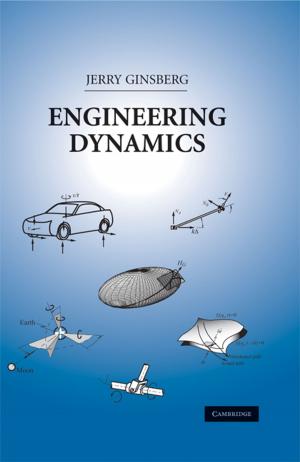The Foundations of Modern Science in the Middle Ages
Their Religious, Institutional and Intellectual Contexts
Nonfiction, Science & Nature, Science, Other Sciences, History, Technology, Engineering| Author: | Edward Grant | ISBN: | 9781107385191 |
| Publisher: | Cambridge University Press | Publication: | October 28, 1996 |
| Imprint: | Cambridge University Press | Language: | English |
| Author: | Edward Grant |
| ISBN: | 9781107385191 |
| Publisher: | Cambridge University Press |
| Publication: | October 28, 1996 |
| Imprint: | Cambridge University Press |
| Language: | English |
Contrary to prevailing opinion, the roots of modern science were planted in the ancient and medieval worlds long before the Scientific Revolution of the seventeenth century. Indeed, that revolution would have been inconceivable without the cumulative antecedent efforts of three great civilisations: Greek, Islamic, and Latin. With the scientific riches it derived by translation from Greco-Islamic sources in the twelfth and thirteenth centuries, the Christian Latin civilisation of Western Europe began the last leg of the intellectual journey that culminated in a scientific revolution that transformed the world. The factors that produced this unique achievement are found in the way Christianity developed in the West, and in the invention of the university in 1200. As this 1997 study shows, it is no mere coincidence that the origins of modern science and the modern university occurred simultaneously in Western Europe during the late Middle Ages.
Contrary to prevailing opinion, the roots of modern science were planted in the ancient and medieval worlds long before the Scientific Revolution of the seventeenth century. Indeed, that revolution would have been inconceivable without the cumulative antecedent efforts of three great civilisations: Greek, Islamic, and Latin. With the scientific riches it derived by translation from Greco-Islamic sources in the twelfth and thirteenth centuries, the Christian Latin civilisation of Western Europe began the last leg of the intellectual journey that culminated in a scientific revolution that transformed the world. The factors that produced this unique achievement are found in the way Christianity developed in the West, and in the invention of the university in 1200. As this 1997 study shows, it is no mere coincidence that the origins of modern science and the modern university occurred simultaneously in Western Europe during the late Middle Ages.















